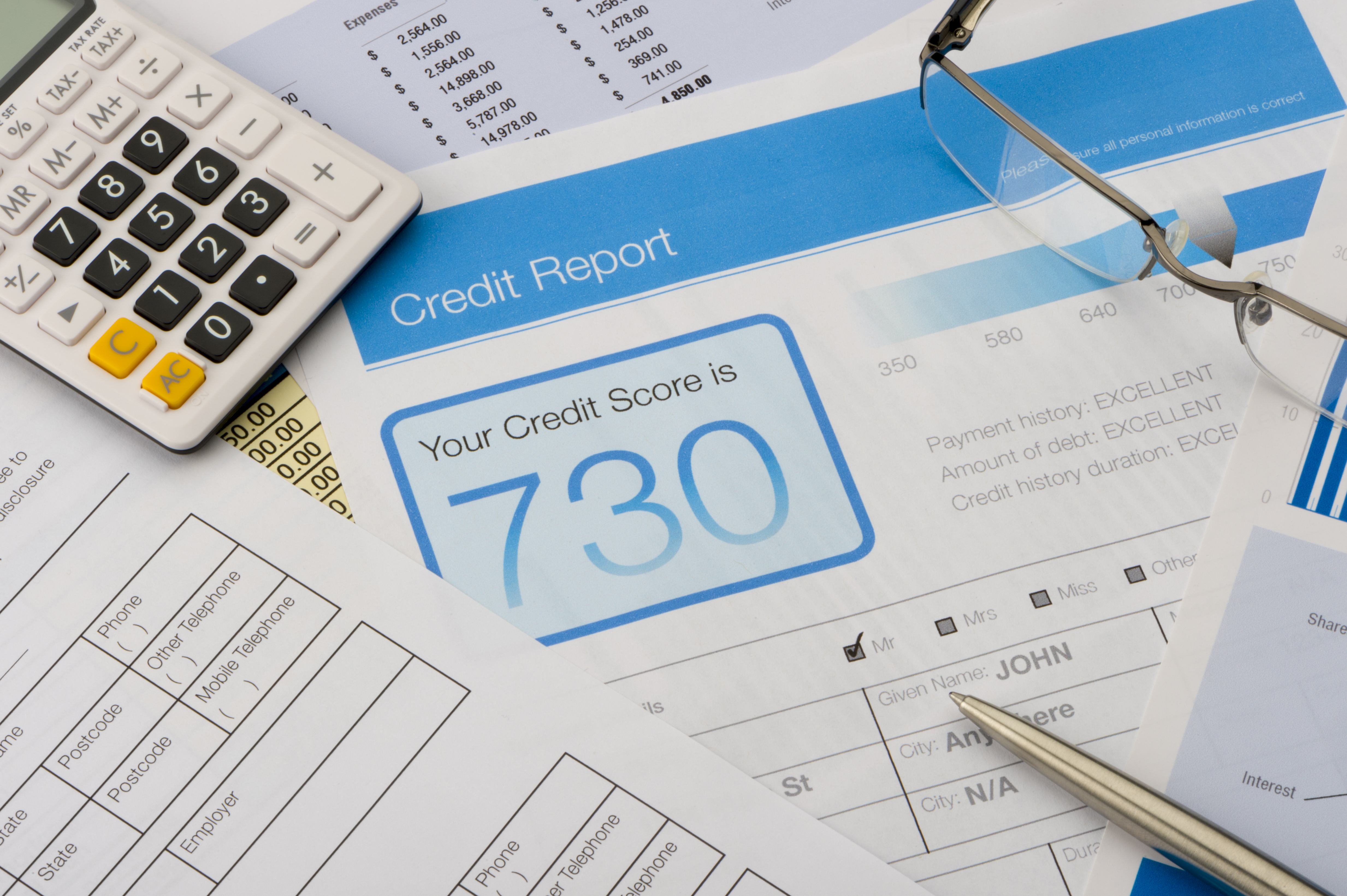
The Best Home Builders for First-Time Buyers
Posted by Patrick Begg in Home Buying
Buying a home is not a casual weekend purchase—it's a huge financial commitment. It can be challenging to know how to get started!
Use these home buying tips to avoid common mistakes as a first-time buyer.
Get pre-qualified first. “You need to understand your buying power,” says Alan Beulah, Vice President of Sales and Marketing for M/I Homes – Charlotte.
Lenders will review your gross income in relationship to your debts to determine how much you can borrow at current interest rates.
When you know the range of loan amounts available to you, you can make better-informed choices about home sizes, plans, and locations to consider.

A lender may offer more than you want to borrow. Determine a monthly payment and loan size that’s comfortable for you.
That amount may not get you exactly what you want in a home, Beulah cautions. “You may have to stretch a little bit, or you may have to compromise on size or amenities to stay in your budget.”
Remember to include closing costs in your budget, which typically run up to 2.25% of the total price of the home. You’ll also want to factor in the costs of homeownership, including taxes, insurance, and utilities. New homes can be more energy efficient than resale homes.
Ultimately, “you want to enjoy new home, not be handcuffed to it,” Beulah says. A monthly budget will help you avoid falling in love with an $800,000 home when the lender indicates you can qualify for a $450,000 home.
You’ll need cash to make a down payment. Is it in your savings, or will you save it while your home is being built? Are you getting a gift from a family member or borrowing from your 401(k) retirement plan?
You may have heard you need 20% of the purchase price as a down payment, but “that’s not totally true,” Beulah says. “You can find programs that minimize your initial out-of-pocket expenses.”
Most conventional loans typically require a 3% to 5% down payment. For FHA loans, it’s 3.5%. Often, no down payment at all is needed for VA (Veterans’ Administration) and USDA loans.
Most buyers for M/I Homes’ Smart Series qualify for FHA financing. Typically, you’ll have to pay for mortgage insurance if you opt for a down payment of 5% or less.

Often, online lenders will give you a rate that’s good for just 30 days. “If you’re building a home, your home isn’t going to be ready in a month,” Beulah points out. Sit down with a lender to talk through your timeline.
If your home will be ready in six months, ask the lender if they offer a long-term lock that will provide rate protection while your home is being built.

Take time to consider your must-haves. Maybe you need at least 3 bedrooms and 2.5 baths, or a backyard for the kids. Setting up must-have parameters, Beulah says, can help you avoid “falling in love with a home or home plan that doesn’t really work for your family.”
Resale homes bought in the heat of the moment can reveal problems later on.
One advantage of building your own home: you will have a long-term warranty, such as M/I Homes’ 10-Year Transferable Structural Warranty. Buyers don’t have to worry about unexpected structural issues, as can happen with resale homes.

No home is perfect. The goal is to find a home that best meets your needs now.
You’ll start to build equity in your first home, and likely within a decade, you’ll use the equity towards a bigger home or one with more amenities.
Your first home is probably not your dream home, but there’s still nothing like the thrill of becoming a homeowner for the first time!
Who wants to consider resale value when you haven’t even bought or built your house yet? You do. What you can earn at resale is critical unless you plan to live in your first home forever.
Choose a home with the features and location that will attract other first-time homebuyers in the future. Homes near shopping, employment centers, and major arteries will usually be more expensive. But, you can typically earn more for your home at resale if it’s located where people want to be.
The rise of remote work has changed this calculation a bit, Beulah says. “You’re seeing more people go to the periphery because they can get a little more home for their dollar if they don’t have to make that daily commute.” For those buyers, a home office is essential.
Homebuyers who use M/I Financial for their financing are eligible for the Welcome Home Club, which offers a personalized credit review.
Our financial experts can simulate how your credit score will improve if you take various actions, such as reducing debt on your credit cards to a third of your available credit.
Or, you may need to get a credit card and pay it off on time for several months to show you can handle credit.
Whatever your particular situation, we’ll give you a homework list, then check in periodically to help along the way.
You’ll get the best interest rates on conventional loans with a credit score of 740 or higher. If your score is lower, it can pay to talk with the Welcome Home program to discover opportunities for improvement to get the best loans.

Save this guide for when you’re ready to make your big move, and you’ll know how to avoid first-time buyer mistakes. We hope you enjoy and feel confident in your home buying journey!

Blog Author
Patrick Begg is a seasoned capital markets and risk management professional for M/I Financial, bringing over 35 years of expertise in navigating the complexities of secondary mortgage markets, structured finance, and comprehensive risk management strategies. Throughout his career, Patrick has demonstrated a deep understanding of market dynamics and a keen ability to adapt to the evolving landscape of mortgage finance. He remains passionate about staying ahead of trends in interest rate movements and regulatory shifts, ensuring strategic alignment in an ever-changing financial environment.
The Best Home Builders for First-Time Buyers
Introducing All In: A Smarter, Simpler Way to Buy a New M/I Home in Charlotte Metro

Blog Author
Patrick Begg is a seasoned capital markets and risk management professional for M/I Financial, bringing over 35 years of expertise in navigating the complexities of secondary mortgage markets, structured finance, and comprehensive risk management strategies. Throughout his career, Patrick has demonstrated a deep understanding of market dynamics and a keen ability to adapt to the evolving landscape of mortgage finance. He remains passionate about staying ahead of trends in interest rate movements and regulatory shifts, ensuring strategic alignment in an ever-changing financial environment.


